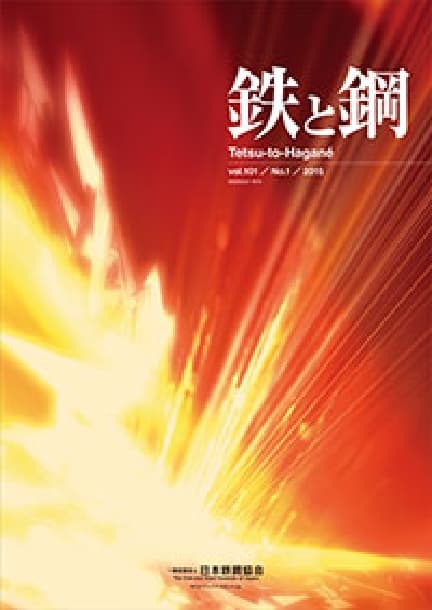Formation of PCDD/Fs during Oxidation of Carbonaceous Materials at Low Temperatures
Shunsuke KUZUHARA, Eiki KASAI
pp. 811-818
Abstract
Polychlorinated dibenzo-p-dioxins and dibenzofurans (PCDD/Fs) are unintentionally formed and emitted from various industrial thermal processes. So far, many researchers have examined formation/emission behavior and inhibition of PCDD/Fs. Generally, following three routes were pointed out as major formation pathways of PCDD/Fs: (I) through aromatic precursors such as chlorobenzenes and chlorophenols, (II) decomposition reaction of organic compounds having large molecular sizes such as polycyclic aromatic hydrocarbons (PAHs) and (III) via de novo synthesis from macromolecular carbon. In the incineration and other thermal processes, de novo synthesis is now regarded as an important route for PCDD/Fs formation. This reaction occurs on macro structural carbon under oxidation atmosphere at relatively low temperature. Especially, the properties of a small quantity of residual carbon particles, "soot" which suspended the exhaust gas and metallic chlorides seem to have large effect on formation of PCDD/Fs.
The present paper introduces the topics concerning PCDD/Fs formation and carbon oxidation. The mechanism of PCDD/Fs formation, the effect of metallic chlorides and various reactions relating to PCDD/Fs formation are reviewed. Further, the mechanism of carbon oxidation at low temnerature and the effect of metallic comnounds are discussed.
Readers Who Read This Article Also Read
Tetsu-to-Hagané Vol.94(2008), No.11
Tetsu-to-Hagané Vol.89(2003), No.12
Tetsu-to-Hagané Vol.90(2004), No.9










